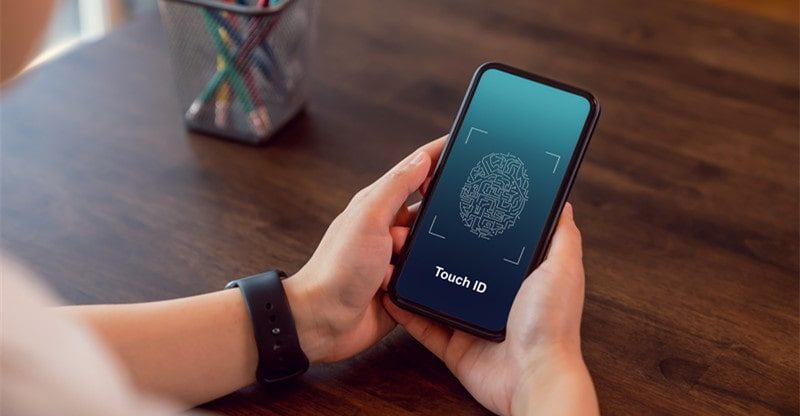Tips on Improving Your Phone’s Cyber Security
In recent headlines, there has been a lot of discussion concerning smartphone vulnerabilities and mobile security. Because your mobile phone contains so much personal information, you want to ensure it is always secure and protected.
90% of us now own a smartphone, and 55% of smartphone users use their devices to get online, browse the web, send emails, or download apps like a pocket casino, for example. Smartphones are becoming more and more important in our daily lives, as we save and reveal more and more of our private and personal data on them. Do we, however, ensure that these devices are sufficiently safeguarded?
According to a Consumer Reports poll, 34% of all smartphone owners do nothing to protect their devices. This is a staggering figure when you consider that over 3 million phones were stolen last year, 1.4 million were lost or never recovered, and half of all adults were hacked. That’s almost like a third of people walking out of their homes today and leaving the front door wide open.
Why do so many of us have such a slack approach when it comes to cyber security? Today we will offer you some valuable tips to help improve the security levels on your mobile phone. Some of these might seem basic, and others you might not have thought of, but combining these will decrease the chances of your details being posted all across the internet.
Password Protection – Can you believe that almost 30% of individuals don’t use a password to protect their mobile devices? It’s hard to believe, given how simple and painless it is to protect your device. Creating a screen password for your mobile device is critical because it prevents you from having your personal information stolen if you leave it unattended, lose it, or it is stolen.
Install a VPN – VPNs (virtual private networks) allow you to connect to a private server rather than sharing your phone line with everyone else on the public network. This means that your information is secure as it travels from server to server since it is encrypted. In the app store, there are a plethora of options. Read the reviews and install the one that best suits your needs and has the highest rating.
Keeping Updated – Updates to your mobile phone’s operating system are designed to improve your experience. This could include everything from speed to security. Even though they occur regularly and consumers tend to click through quickly or ask the device to remember them in the future, it’s critical to stay on top of them.
Both iOS and Android devices can be protected with these updates from newly found malware. Go to “about phone” or “general” and click “system updates” or “software update” to see if your phone’s OS is up to date.
Think about that Link – Any link you receive in an email or text message should be treated with caution. If you don’t recognise the sender, don’t even consider clicking the link.
If you recognise the sender, double-check that they sent it before clicking. Phishing is a typical cybercriminal method that involves creating fake email, text, and message accounts that claim to be a person or entity you know. Don’t fall for the ruse.
Lock your Apps – You can go a step further and add an extra degree of security by locking individual apps once you’ve set up your screen lock. On Android smartphones, this is easier because you can install dedicated apps like App Lock, which allows you to add a separate PIN, password, or even fingerprint lock to specific apps. This is especially beneficial for secure apps like online banking, shopping, and email.
Caller Protection – Burner and Firewall are two apps that safeguard your phone from hackers, annoying salespeople, and unsolicited callers. Burner protects your personal information by generating new phone numbers that can be used for as long as you like before being destroyed or discarded. Meanwhile, iOS users may utilise Firewall to send undesirable calls directly to voicemail without ever hearing them a ring.
You may be surprised to learn that Zeroday Solarwinds hackers compromise updated iPhones, which is considered as one of the most difficult security breaches, when thought about a brand like iPhone from Apple, which we regard to be the safest Android phone.
Install an Anti-Virus – Anti-virus software is an essential part of ensuring your mobile device’s security. These programmes examine a mobile device’s operating system, identifying and removing threats. They run in the background on a predetermined schedule, so owners of mobile devices may rest confident that their gadgets are always protected.
Furthermore, many anti-virus software solutions are designed to not interfere with your mobile device’s normal speed and performance. In reality, they frequently incorporate features that are intended to make your iPhone or Android run faster.
The process of securing mobile devices against a wide range of cyber attack vectors that compromise users’ privacy, network login credentials, finances, and safety is known as phone security. It is made up of many technologies, controls, policies, and best practices. Many of these best practices we have listed above.
Hopefully, you have found this article informative, and it will help prevent you from becoming a victim of cybercrime.



